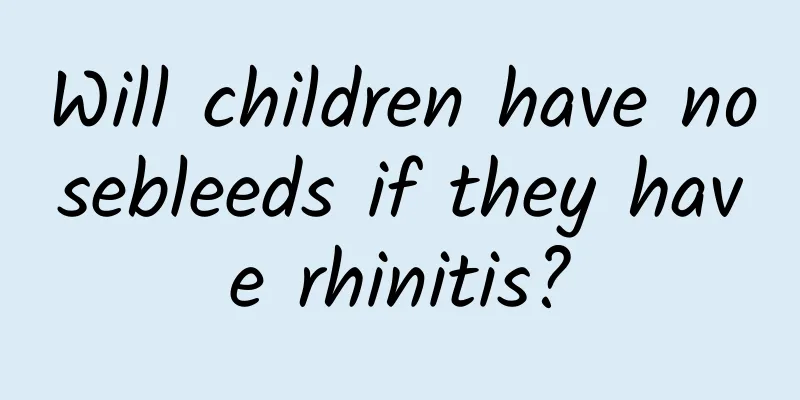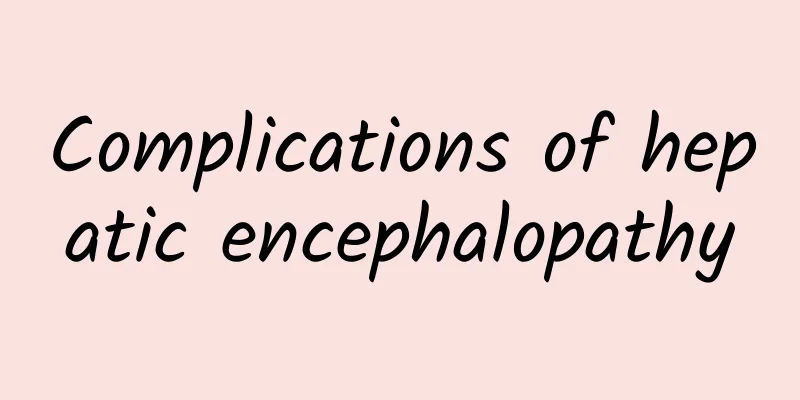What are the sequelae of facial paralysis?

|
If facial paralysis is not treated promptly and effectively, it is easy to leave sequelae. The most common ones are crooked mouth, drooling, uncontrolled tears, etc. In addition, there are many other minor symptoms. Do you know them? 1. Most patients with facial paralysis often find that one side of their cheek becomes stiff, their mouth and eyes become crooked, they drool, they shed tears involuntarily, and food residues remain in their mouths when they wash their faces and rinse their mouths in the morning. In patients with complete paralysis of facial expression muscles on the affected side, forehead wrinkles disappear, palpebral fissures widen, nasolabial grooves become flat, corners of the mouth droop, and the corners of the mouth deviate toward the healthy side when showing teeth. The affected side cannot frown, frown, close eyes, puff up air, or purse lips. 2. The patient's eyes will become smaller as they close . When the eyes are closed, the corners of the mouth will also be pulled and closed. This is called hemifacial joint movement. It is caused by damage to the facial nerve. When eating, tears will flow down the affected side of the patient, or even when seeing or thinking of delicious food. The patient will have tears and tinnitus; the left eye will also twitch, and the left eye will be smaller than the right eye. The eyelids will be loose and sometimes tearful. The nose bridge will be slightly crooked, and there will be no wrinkles on the affected side of the nose. The patient cannot purse his lips or whistle. The philtrum will become deeper and tilted to the healthy side. When laughing, the mouth will be slightly crooked, the eyelids will droop, the corners of the mouth will be upturned, and there will sometimes be spasms and a stiff feeling on the face. 3. The symptoms of sequelae of facial paralysis are that the wrinkles on the affected side are shallow, weak and slightly lower when frowning . The eyes of patients with facial paralysis cannot be completely closed, the eyelids are loose, and sometimes tears appear. The nose bridge is slightly crooked, there are no wrinkles on the affected side of the nose, and it is impossible to purse the lips or whistle. The philtrum becomes deeper and tilted toward the healthy side, and the mouth is slightly crooked when laughing. 4. Facial paralysis patients suffer from facial numbness, inability to raise their left eyebrow, inability to raise the left corner of their mouth, tinnitus, and other symptoms of facial paralysis sequelae, including atrophy of the affected side muscles. When the mouth is opened and closed, the lower eyelid on the affected side of the facial paralysis moves in tandem, resulting in large eye bags. |
<<: What is the most effective way to treat facial paralysis?
>>: What are the causes of facial paralysis?
Recommend
Why do nipples hurt during menstruation?
Most women will experience some discomfort in the...
There are long strips of flesh on the edge of the labia minora
The phenomenon of long strips of flesh on the edg...
I used Chinese medicine to cure my bronchiectasis
How many fly jumps can you make in 1 minute? Jump...
What are enzymes?
Enzyme is not only a component contained in the h...
What to do if you have chest tightness and shortness of breath
Chest tightness and shortness of breath will make...
What causes red spots around the newborn's belly?
If there are red spots around the belly of a newb...
What are the benefits of single removable dentures?
Teeth are a very critical part for people, becaus...
The causes of lumbar disc herniation are caused by many factors.
Lumbar disc herniation is common among middle-age...
What are the causes of myasthenia gravis
We all know that the human body has its own immun...
Symptoms of cervical stomach syndrome
Many people don’t have a particularly good unders...
Why does my stomach hurt so much after having abortion?
Abdominal pain after medical abortion is a relati...
Is it good for pregnant women to eat enoki mushrooms?
Pregnancy is a very special period for women. The...
Toad grass effects
Toad grass is a plant and also a Chinese herbal m...
What to do with stomach acid? Diet adjustment is needed
Many people experience stomach acid when eating. ...
The efficacy of drinking mulberry bark soaked in water
Mulberry bark is a relatively good Chinese medici...









